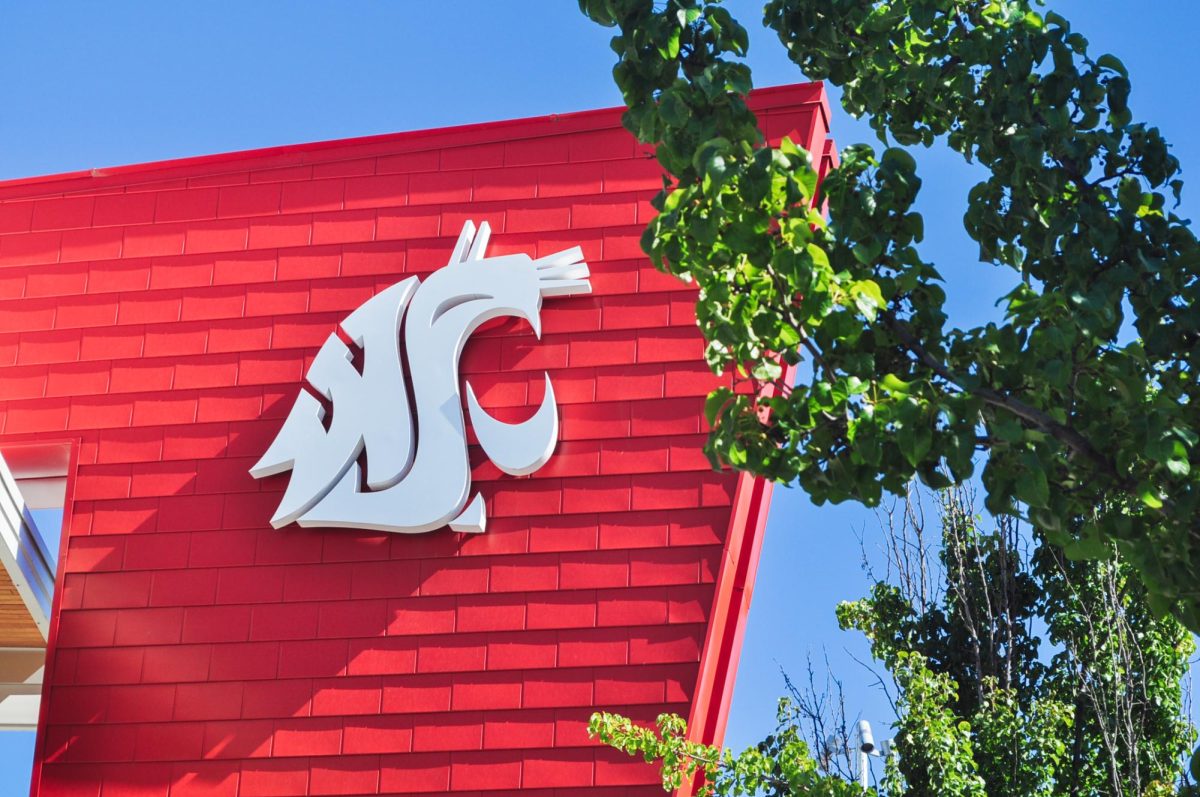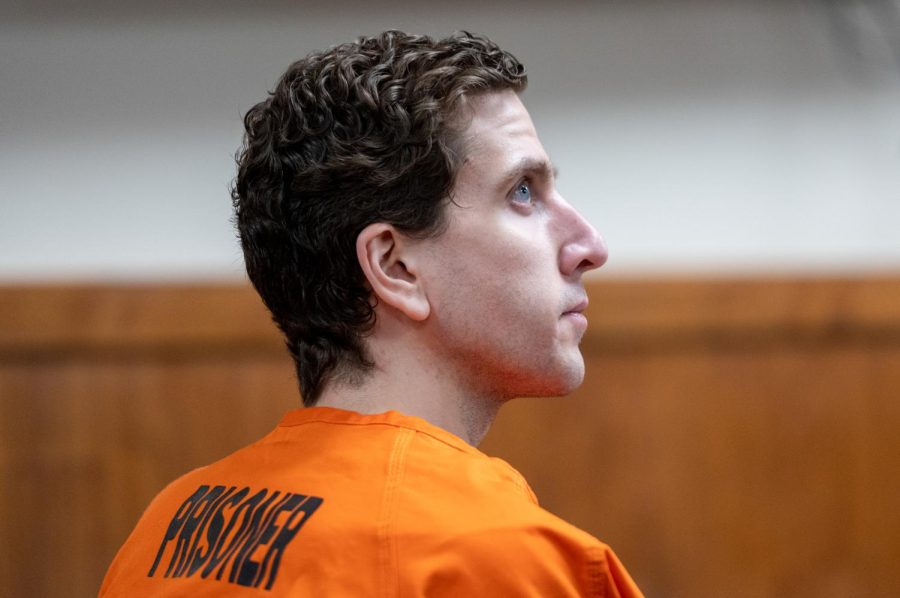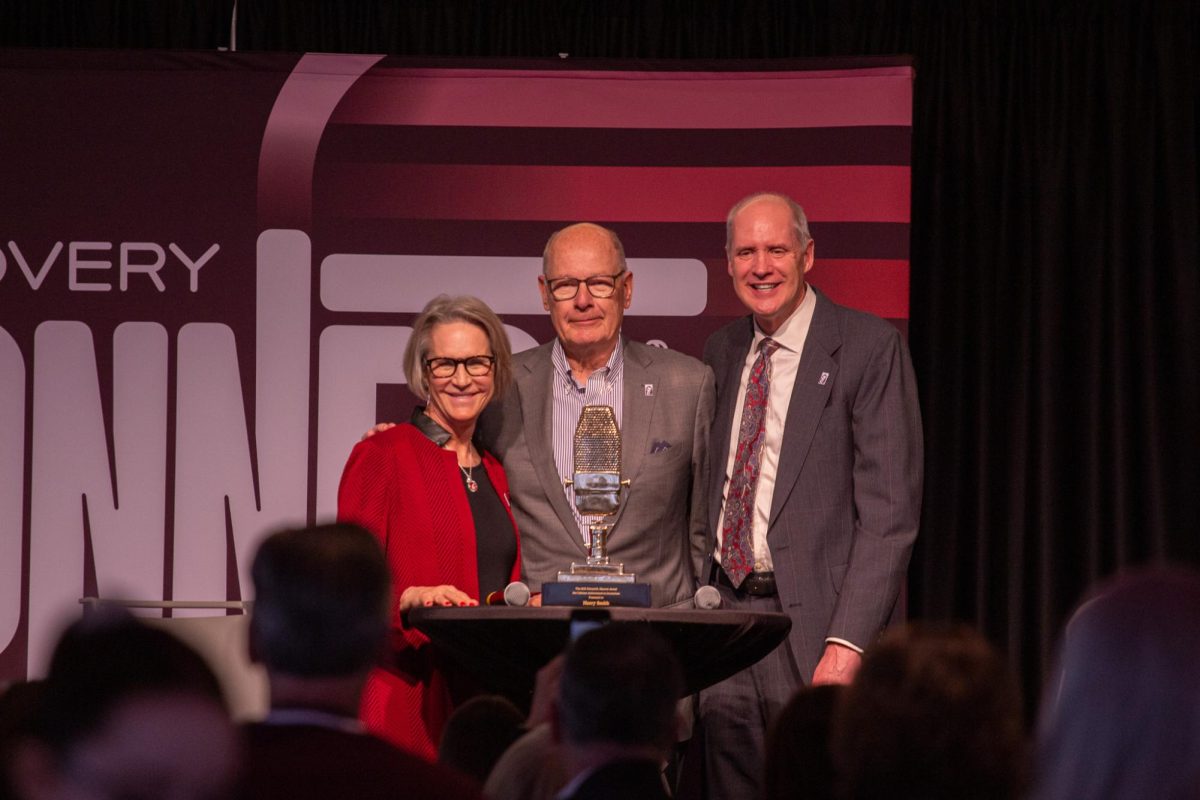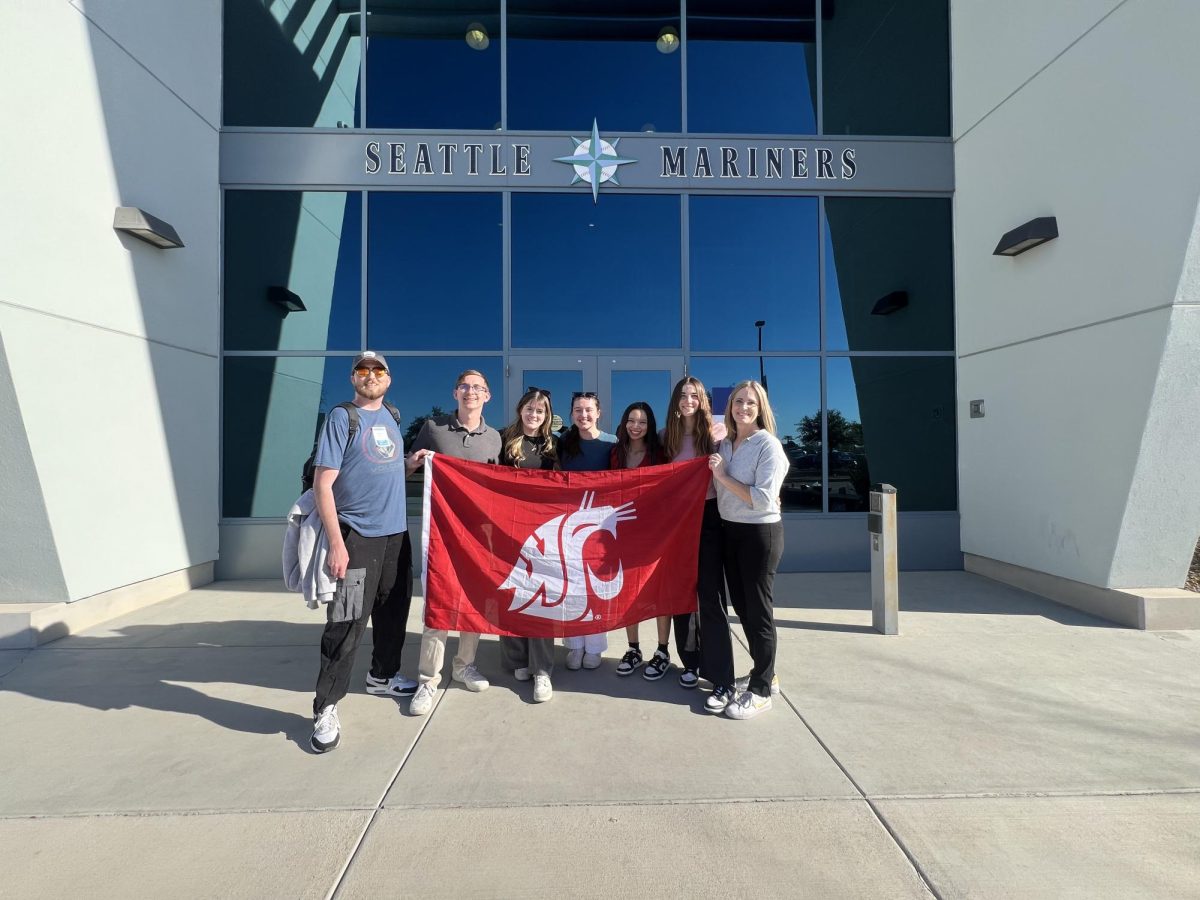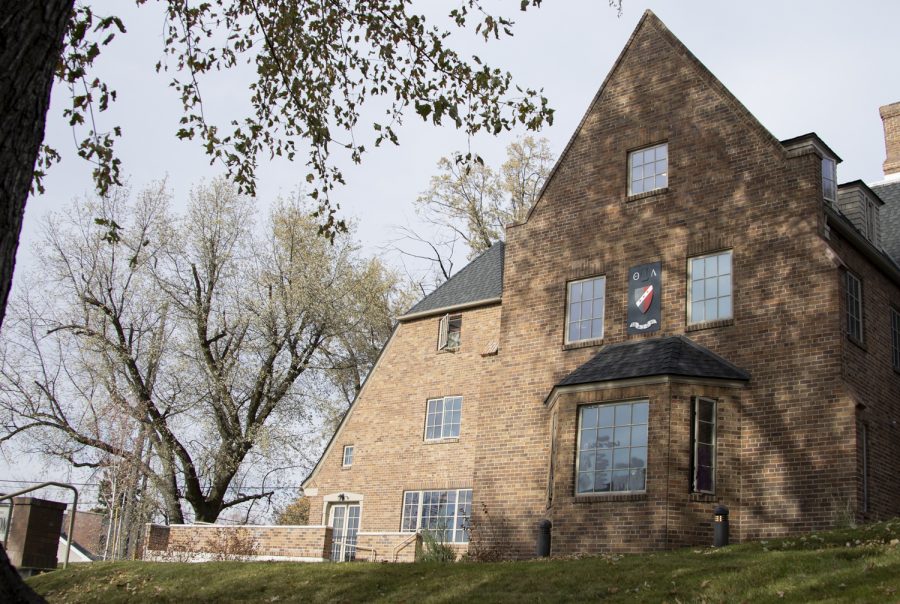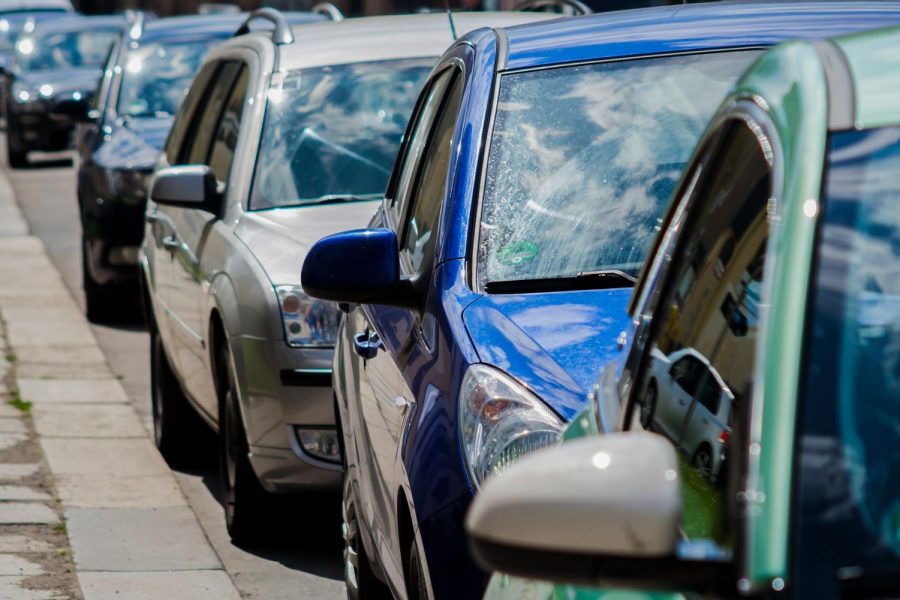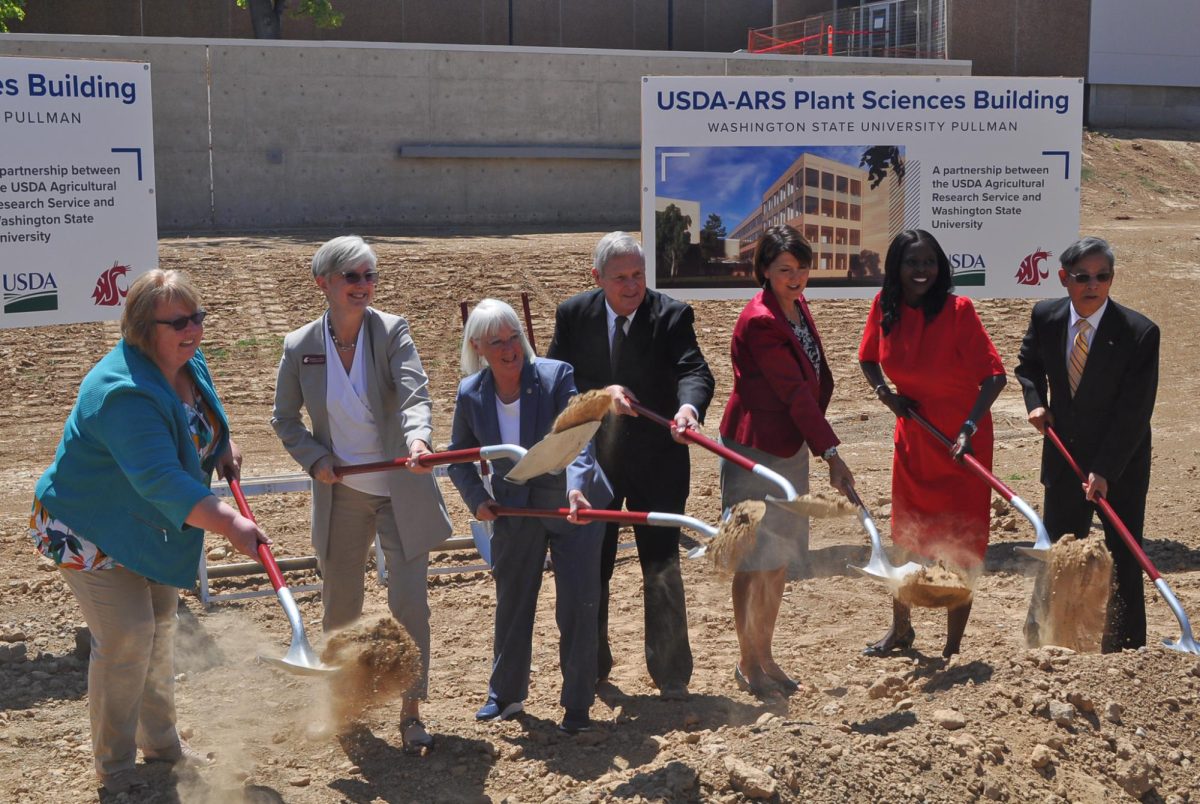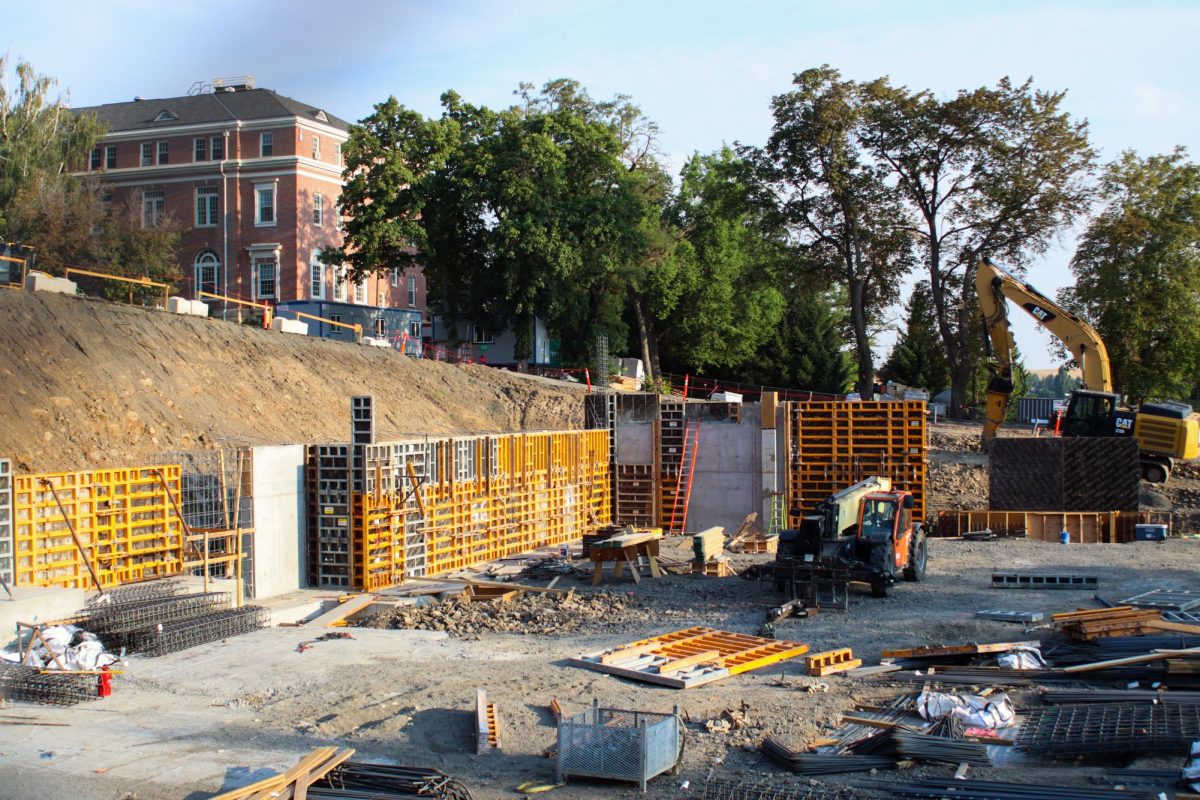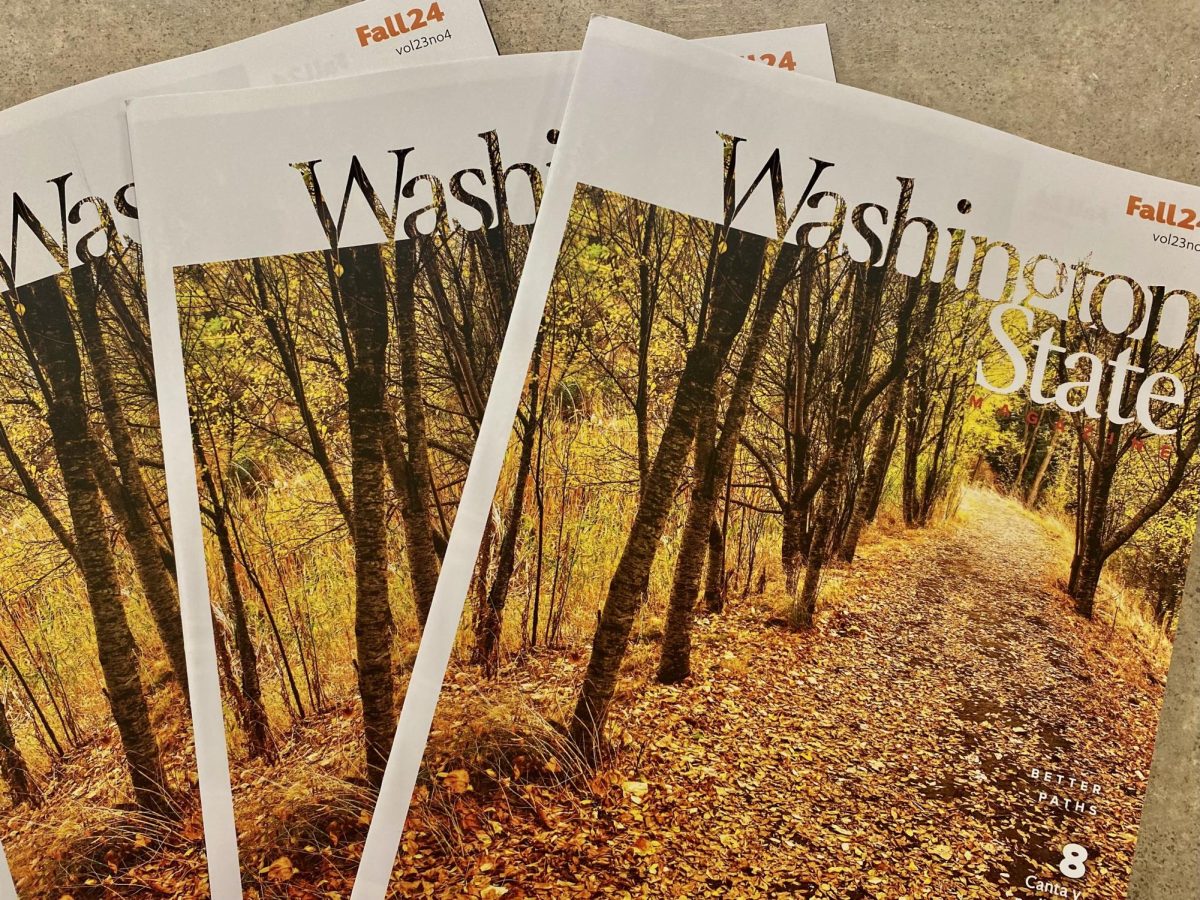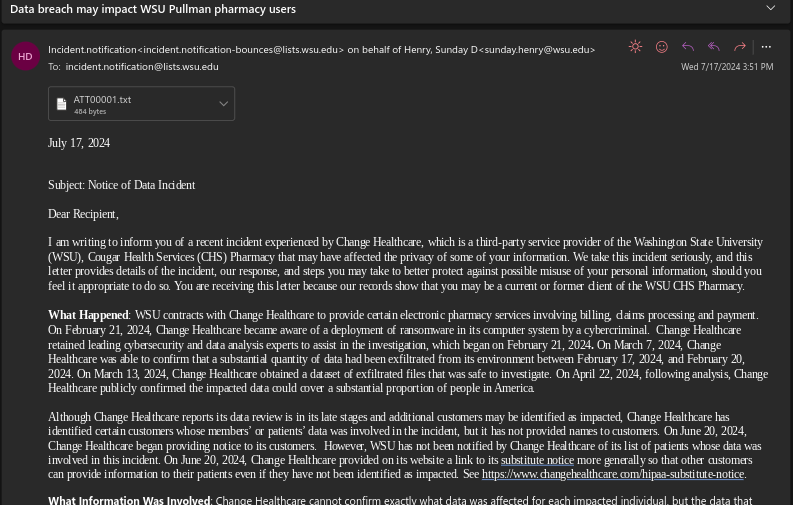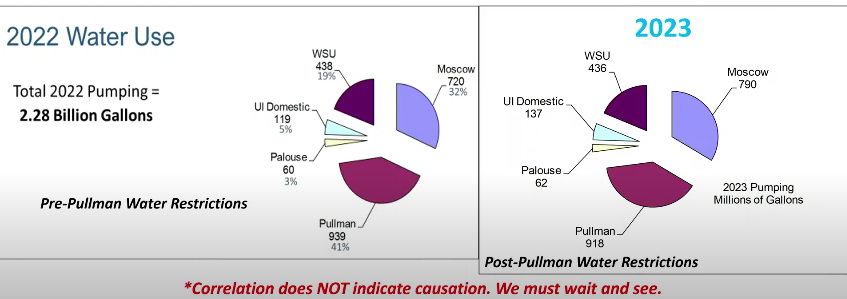WSU’s University Recreation Advisory Board and ASWSU Senate are in the process of getting a mandatory 5% Chinook fee increase for undergraduate students onto the ballot for the upcoming student body elections.
The Chinook fee increase would affect all undergraduate students enrolled at WSU and seeks to mitigate the effects of decreased enrollment, building expenses, increased employee wages and inflation to keep the Chinook running at its current capacity.
The fee increase was presented to the ASWSU senate in November, and recently, a referendum to approve getting the fee onto the student ballot was passed on Feb. 14th.
Since the referendum went through the ASWSU senate, the fee increase will be on the ballot for the student elections being held in Marc, said Grant Rickard, UREC advisory board chair.
“Since the Chinook opened in 2017, there has not been an increase to the fee,” Rickard said. “However, there has been an increase in costs to operate the building. For example, student wages have gone up since that as well, along with inflation, so the building is getting more expensive to run because of this, and the fee has not reflected that.”
If the fee increase makes it onto the student election bill, a mandatory 20% undergraduate voter turnout is necessary to make any movement on the issue, Rickard said.
“If there’s not that [20%] turnout, then the recommendation will kind of come to a null point,” he said. “But if we get that turnout, then we can take action on this issue.”
The current Chinook fee is $98, and the proposed 5% increase would bring the semester fee to $103 instead, Rickard said.
“To keep up with what we have to pay, like paying all the student workers a livable wage … it’s a higher cost every year as we keep up with inflation. The fee has to match that, so we can make sure we keep the facility up to the standards that students expect,” he said.
If the undergraduate student body doesn’t vote to pass the fee increase, the Chinook will see a drastic cut in hours, ranging from 20 to 35 hours a week, as well as the closure of some of the building’s student resources, Rickard said.
“Facilities that align with the like of the eSports lounge for example will be facing closure as there is not enough funding to support it. You’d see a reduced number of hours that the facilities available and a reduction in what is available when it is open,” Rickard said.
The student election ballot will be open to voting March 5-6 and the results of the election will be made public on March 7, said ASWSU Pro Tempore Tania Henriques.
“With the UREC close by, and having more gym amenities I think the increase would just push people there instead,” said junior psychology major Sophie Freel. “I probably wouldn’t pay the increase because I rarely go the Chinook myself, I feel it’s a more freshman thing because it’s on campus.”
Rickard said the lack of funding for the Chinook has already had effects like vacant positions for cleaning staff and auxiliary services that help the Chinook function.
“You’ll see a severe cut in services if enough people do not turn out to vote in the affirmative,” Rickard said. “That being said, there are a lot of issues that are on the ballot this coming election. So even if the Chinook feed does not speak to a certain student personally, there is a great interest to turn out in voting either yay or nay. 20% of the undergraduate students need to vote for anything to get done.”


